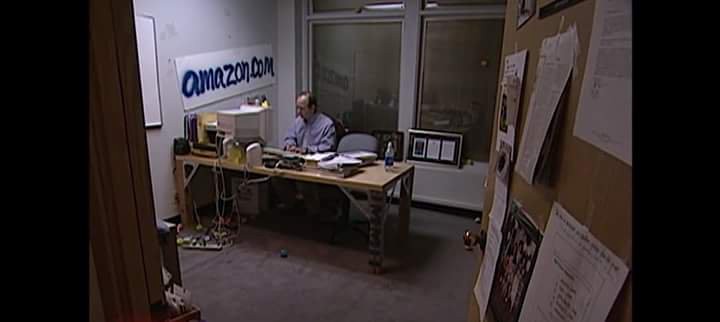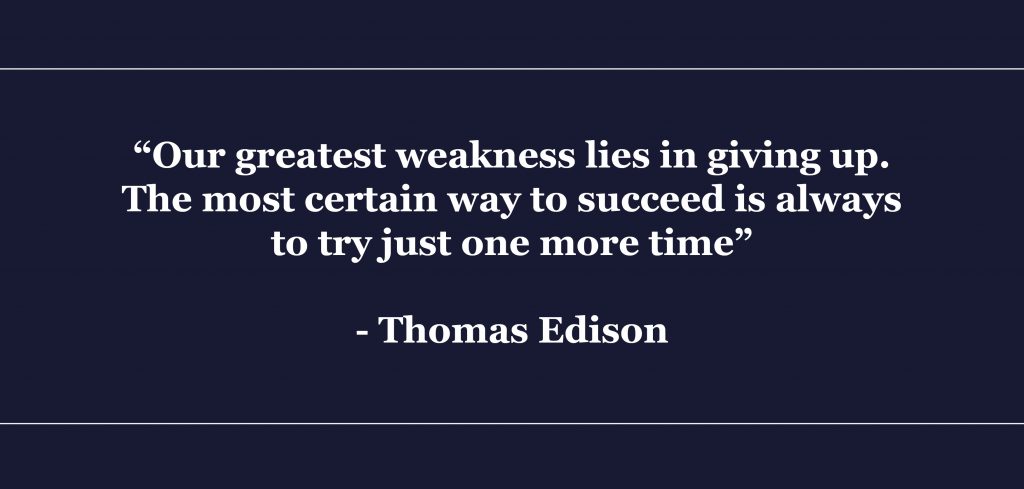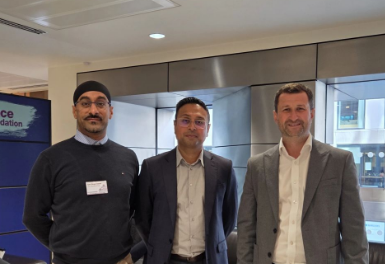Getting on the career ladder is exhausting, sending out hundreds of job applications is time-consuming, everything about getting a job is dreary. We feel your pain. However, this guide can help you get a job and motivate others to help.

Supporting students and graduates is vital nowadays. With employment reducing as the population keeps growing, for students, graduating is scary. It is tough looking for a job, and with the impact Covid-19 has made, finding a job is not getting any easier. But remain optimistic – have faith in yourself and the right job will come.
Check out our tips on getting on the career ladder:


I cannot stress enough how important this is, with a professional-looking LinkedIn profile with an active newsfeed, you are more likely to get noticed. People find people via the search bar, which wouldn’t be possible without keywords. Optimise your profile, create keywords (in the ‘about’, ‘experience’, and ‘headline’ sections), and hashtag what you are writing about.
Make sure to grow connections strategically and avoid connecting with people with no relation. Additionally, always include a message with every request; this enables you to introduce yourself and explain why they should accept.


Never dismiss start-ups and small companies as they offer opportunity, progression, and provide somewhat better benefits. You have also got the added advantage of more responsibility (which equals more experience) and the potential of jumping into a more senior role much earlier on in your career.
In reality, applying for a small company is feasible. The competition is lower, and they are more likely to employ a graduate (someone they can train and grow with the business). Jefferey Bezos (founder of Amazon) is an example of why small companies are worth the investment. Amazon was nothing but an online bookstore located in Bezos garage in 1994. Today it is a global technology company, worth trillions.

When uploading your CV to job sites you are attracting not only employers but also recruiters. There is also a chance your future employer could find you on the job board, possibly with the help of a recruiter. The opportunity is too good to miss.
Make sure your CV tells the whole story, and don’t be afraid to get into detail. You want to create no more than two pages with relevant information and a CV that showcases your character. The majority of businesses are looking for a cultural fit which is who you are as a person – not your qualifications. They want to see hobbies, skills, charity work, and experience.
Chartership isn’t everything; certain companies want it, however not all. Remember, some companies will pay for you to get charted, and some companies won’t ask for it. Therefore, is it worth the money and time?

Using a recruitment consultancy is worthwhile, especially after graduating as some specialise in graduate jobs. You will get support and guidance from an expert; they will know everything there is to know about the job market. This alone is enough of a reason to use a recruitment agency.
You will also find jobs you won’t find elsewhere; this is because companies use recruitment agencies as their only way of recruiting.


Rejection after rejection, it’s understandable to feel unmotivated. However, the worst thing to do is to give up. While looking for a job, there are things you can do to stay motivated. This includes freelance work, volunteer, charity work, and engaging in your hobbies and skills. In return, this prevents getting into a rut and makes your CV more valuable (or appealing).
Whether you are being paid or not, any work (charity, volunteer, part-time job) is seen in a positive light by an employer as it demonstrates your work ethic. Remember employers are looking for the right person for the business as well as the right skillset.
Job hunting takes time, not every job will be perfect for you, but you will always learn new skills that will contribute to you gaining experience for your ideal job in the future.

A placement year could be the difference between securing a job straight after graduating and not securing a job at all. They can be hard to sustain, but they are always worth the time and effort. It’s a great idea to start looking for a job before you graduate.
You should be updating your CV and creating a LinkedIn profile within the first year at university. This makes you stand out from the crowd and gives you the opportunity to make connections before you get on the career ladder.
Thinking about your career at an early stage in your university course will put you in a better place for gaining future employment.

In the past, we have supported students from The University of Cardiff by sharing their CVs and even helping one secure an industry placement. Back in April, we advertised Imogen Harding’s CV. Imogen’s CV received 18,940 views, resulting in her landing a year’s placement at Amey.
We are keen on helping students secure jobs. That is why we are planning on doing the following: shout-out to help out Tuesdays. If you are a student or graduate and having difficulty finding a job, please get in contact. We may be able to help.
You may also find a job in a different way than those listed above. If this is the case, please let us know so we can spread the word around networks. It would be extremely beneficial for everyone.





Add comment